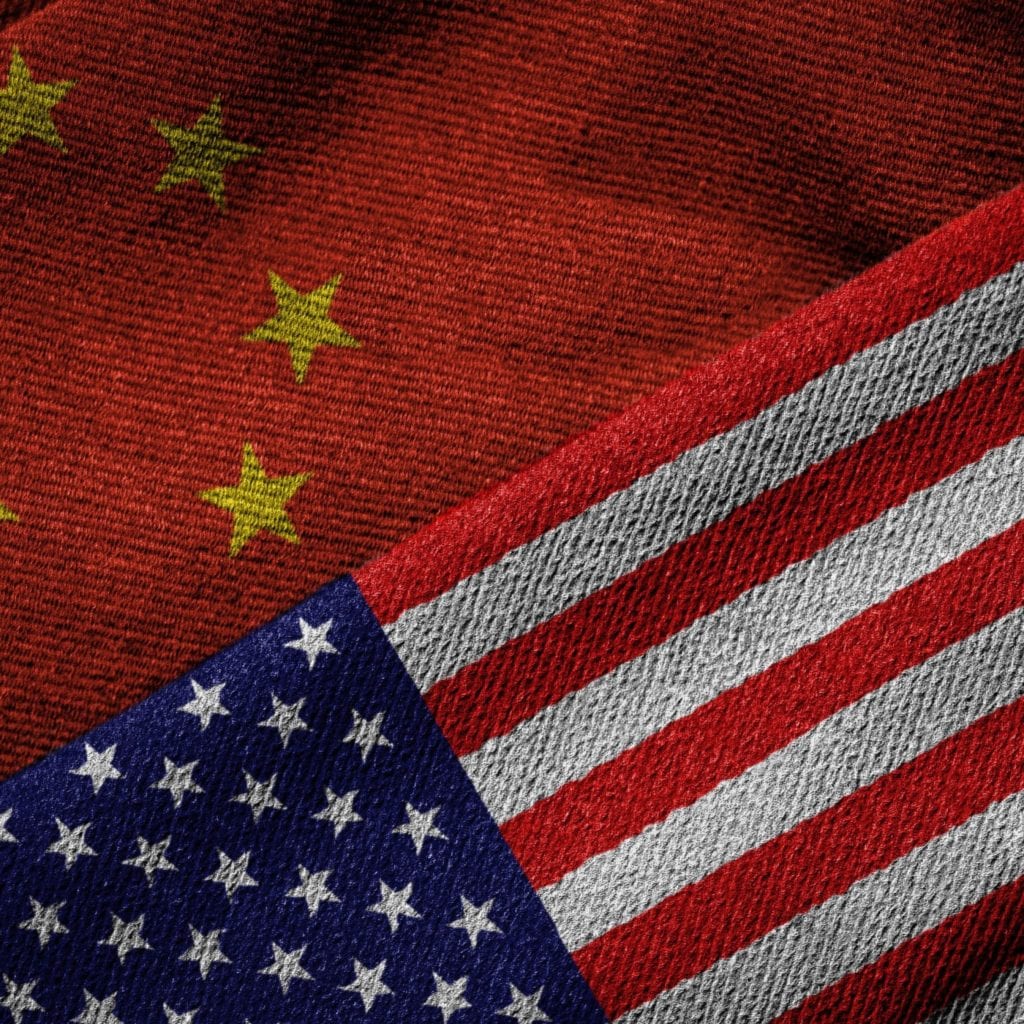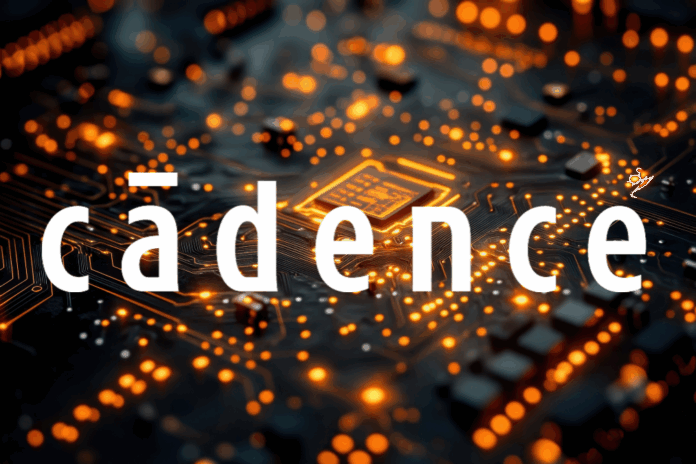Chip EDA company settles with DoJ for knowingly selling to a military university in China that is on the banned Entity List
Electronics and semiconductor design company Cadence has reached a settlement with the U.S. Department of Justice, agreeing to plead guilty to export control violations and pay fines of $140.6 million for selling its chip design tools to China’s National University of Defense Technology (NUDT).
According to the Justice Department, Cadence and its China-based subsidiary knowingly sold restricted electronic design automation (EDA) software, hardware and semiconductor design tools to NUDT, which has been on the U.S. Commerce Department’s Entity List since 2015 due to concerns that it uses U.S. technology for supercomputers that are “believed to support nuclear explosive simulation and military simulation activities.”
Cadence will pay criminal penalties of nearly $118 million, plus a civil settlement with the Commerce Department’s Bureau of Industry and Security (BIS), of more than $95 million in civil fines. Cadence’s total payments are $140.6 million; it is getting credit for overlapping fines.
“Export controls safeguard America’s advanced technological know-how from falling into the wrong hands, which is particularly important in the Silicon Valley as the epicenter of groundbreaking innovation,” said Craig Missakian, U.S. attorney for the Northern District of California, which worked with the Counterintelligence and Export Control Section (CES) of the Justice Department’s National Security Division (NSD) on the case. “With this plea, Cadence has admitted to unlawfully exporting its semiconductor design technology to a restricted PRC military university using a front company, and accepted responsibility for its wrongdoing. Cadence’s remedial measures are a positive step toward rectifying the company’s violations of export control laws and demonstrating corporate responsibility.”

Federal prosecutors say that from 2015 to 2021, Cadence and its Chinese subsidiary “engaged in a conspiracy to commit export control violations in connection with the provision of EDA tools” to NUDT through one of NUDT’s aliases, as the Central South CAD Center (CSCC), and also through a semiconductor company, Phytium, which was “closely associated with CSCC and NUDT”.
“Cadence China employees installed EDA hardware on NUDT’s Changsha, China, campus and … NUDT personnel downloaded EDA software and IP technology from Cadence’s download portals while Cadence and Cadence China, through its employees, had knowledge that NUDT had been added to the Entity List,” DoJ said. It added that Cadence continued to export EDA software and IP to Phytium until early 2021, halting only after an internal compliance review. Phytium was added to the Entity List in April 2021.
Exports occurred nearly 60 times, DoJ said, despite internal Cadence communications that showed some Cadence employees knew about that CSCC was a front for NUDT.
“Employees of Cadence China did not disclose to and/or concealed from other Cadence personnel, including Cadence’s export compliance personnel, that exports to CSCC were in fact intended for delivery to NUDT and/or the PRC military,” DoJ said, adding as an example that the company’s former head of sales in China sent an email warning colleagues to “refer to their customer as CSCC in English and NUDT only in Chinese characters, [because] ‘the subject [was] too sensitive.'”
Federal officials said the case underscores the national security risks posed by unauthorized technology exports, especially in the semiconductor industry.
“Cadence has agreed to accept responsibility for unlawfully exporting sensitive semiconductor design tools to a restricted Chinese military university and has implemented a strong export compliance program to help prevent any further illegal transmission of American technology,” said Assistant Attorney General for National Security John Eisenberg. “American ingenuity is one of our Nation’s most precious assets, and the National Security Division will vigorously enforce U.S. export control laws to protect the technological advantage we enjoy because of that ingenuity.”
“Protecting the U.S. semiconductor industry is critical to our national defense,” said Assistant Director Roman Rozhavsky of the FBI’s Counterintelligence Division. “Working with NUDT, which has been on the entity list for a decade for its work to advance China’s military capabilities, is unacceptable.”
Competition for AI chips is a major point of trade and geopolitical contention right now, and that extends to electronic design tools used for design and testing. EDA companies have been under heightened scrutiny due to their integral role in advanced chip design, and the fact that non-Chinese EDA software tools are widely used in China. A Financial Times report earlier this year said that Cadence, Synopsys, and Germany-based Siemens account for 80% of the Chinese EDA market.
Just a couple of months ago, all three of those companies received notices from the U.S. Commerce Department to stop all EDA software sales to China unless they received a license to resume sales. That ban was lifted about a month later and the companies were able to resume sales.
Cadence shrugs off export pause, raises guidance
But neither the export pause nor the DoJ settlement prevented Cadence from having a strong second quarter. Cadence delivered revenue of $1.275 billion for Q2, up from $1.061 billion in the year-ago quarter, when it reported its results this week.
“Cadence delivered an exceptional Q2, with 20% year-over-year revenue growth and stronger than expected bookings. This highlighted the strategic relevance of our AI-driven portfolio and the depth of our customer relationships,” said Anirudh Devgan, president and CEO of Cadence. “The strength and breadth of our products are enabling us to lead through the accelerating waves of the AI supercycle, from AI infrastructure build-out, to physical AI in autonomous systems, to the emerging frontier of science AI.”
CFO John Wall indicated that the company is raising its guidance for 2025 revenues to 13% year-over-year growth. In the second quarter, he added, the company’s “broad-based strength across all businesses” more than offset the impact of the export pause.

